These sensors measure torque by either sensing the shaft deflection caused by a twisting force or by sensing the effects that the deflection causes. Read More…
Our load cells are manufactured with the highest attention to detail at all stages. Whether it is through the design stage, engineering stage, or through hundreds of tests run daily, we ensure that our products outshine all competitor products.

Founded in 1985, Load Cell Central has firmly established its reputation as a leader in load cell manufacturing, custom weighing system integration, and first-class load cell repairs. Load Cell Central offers a wide variety of popular load cell and component configurations for virtually every new or old weighing system, scale or component replacement possibility. Technical and after-sale support, ...

At TyTek Industries we manufacture load cells to suit all capabilities. Our expertise has provided insight and load cell solutions for a range of customers and industries. Our engineering team’s philosophy ensures we do everything humanly and technologically possible to match your requirements with quality, cost and delivery. We’re here to help you carry the load.

At Stellar Technology, we specialize in designing and manufacturing high-performance load cells tailored to meet the diverse needs of industries worldwide. Our team is committed to delivering precision-engineered solutions that address critical applications, from aerospace to medical devices, where reliability and accuracy are paramount.

At AmCells Corporation, we specialize in designing and manufacturing precision load cells that meet the diverse needs of industries worldwide. Our products are crafted to deliver accuracy, reliability, and durability, offering solutions that perform under the most challenging conditions. We are committed to supporting a broad range of applications, including industrial automation, weighing...

At Teledyne Technologies, Inc., we are deeply committed to pioneering high-precision solutions that push the boundaries of technological innovation. Our load cells exemplify our relentless dedication to accuracy, dependability, and sophistication, offering state-of-the-art force measurement solutions that empower various industries to achieve the utmost precision in their operations.

More Torque Sensor Manufacturers
Torque sensors are also known as torque transducers and sometimes as torque meters as well. Like load cells, torque sensors sometimes use strain gauges as their sensors, although this requires them to have a power outlet for the strain gauges as well as a program hooked up to interpret the electrical signals the strain gauges put out. Since this can be complicated, there are other methods as well, listed in the paragraph below. Piezoelectric sensors and magnetoelastic sensors can also be utilized as the central piece for torque sensors.
Torque sensors are used to determine the amount of power in an engine, motor, turbine and crankshaft within the automotive, aerospace, marine, industrial machinery, and engineering industries. Cars, trucks, motorcycles, and bicycles all measure torque using these sensors. They also act as quality control for factory machinery and measure the metal removal rates, the calibration of torque, peel forces, and friction.
There are two main types of torque sensors used today.
Reaction sensors measure both static and dynamic torque by using a stationary or non-rotating transducer. Static torque is simple and easy to measure because it requires no angular acceleration, but dynamic is more difficult because it requires electric or magnetic transfer from the shaft to a static system and involves acceleration. An example of static torque would be the torque a car produces while driving down a highway at a constant speed. Because there is no acceleration, it is not considered dynamic.
Rotary sensors use moving transducers to measure torque. They are mounted on the actual shaft, but because of this may cause space concerns. That is why they need to be well designed, so that they do not impede the production of the engine.
Common outputs for torque sensors include analog or modulated frequency, switch or alarm, analog voltage, serial, analog current, and parallel.







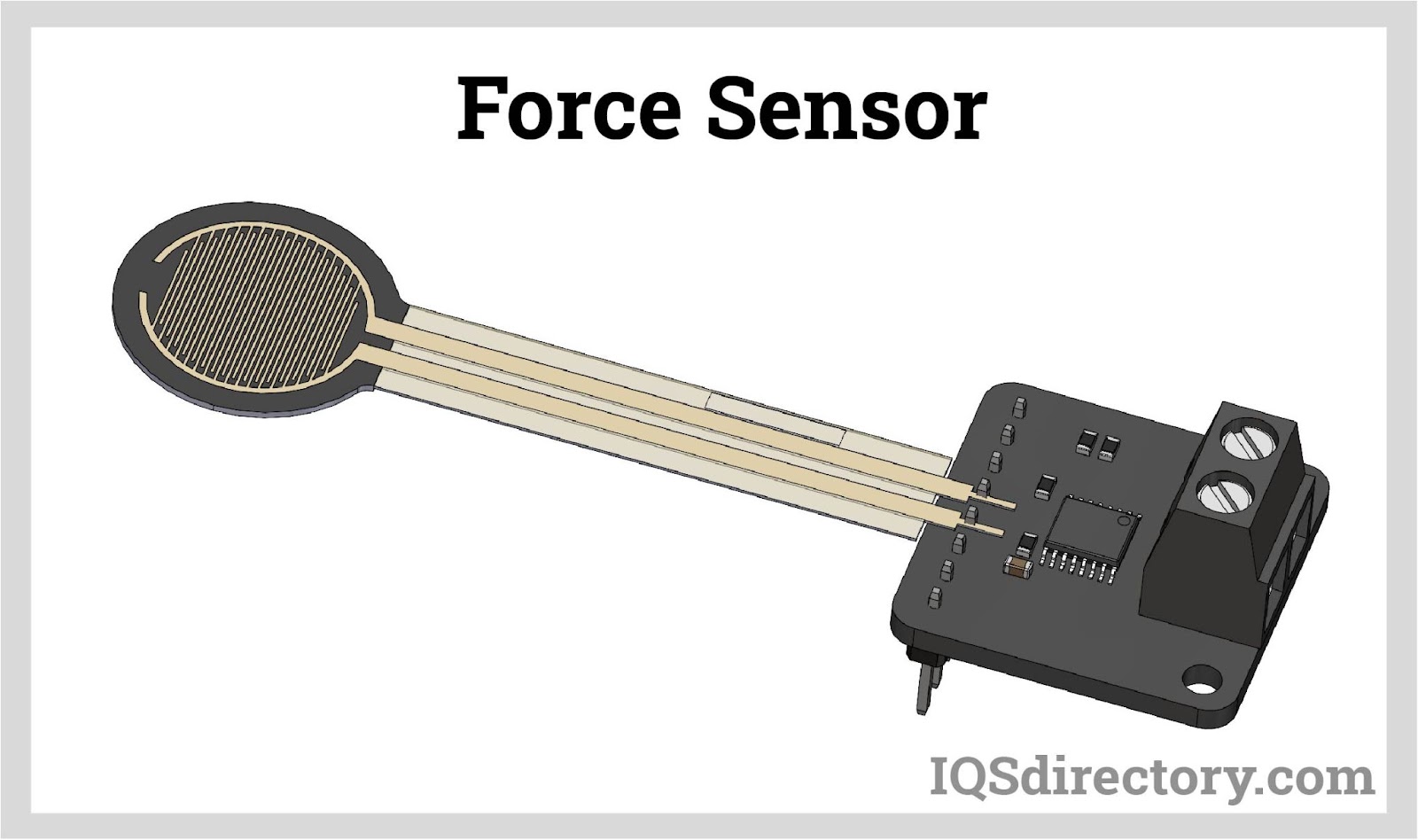
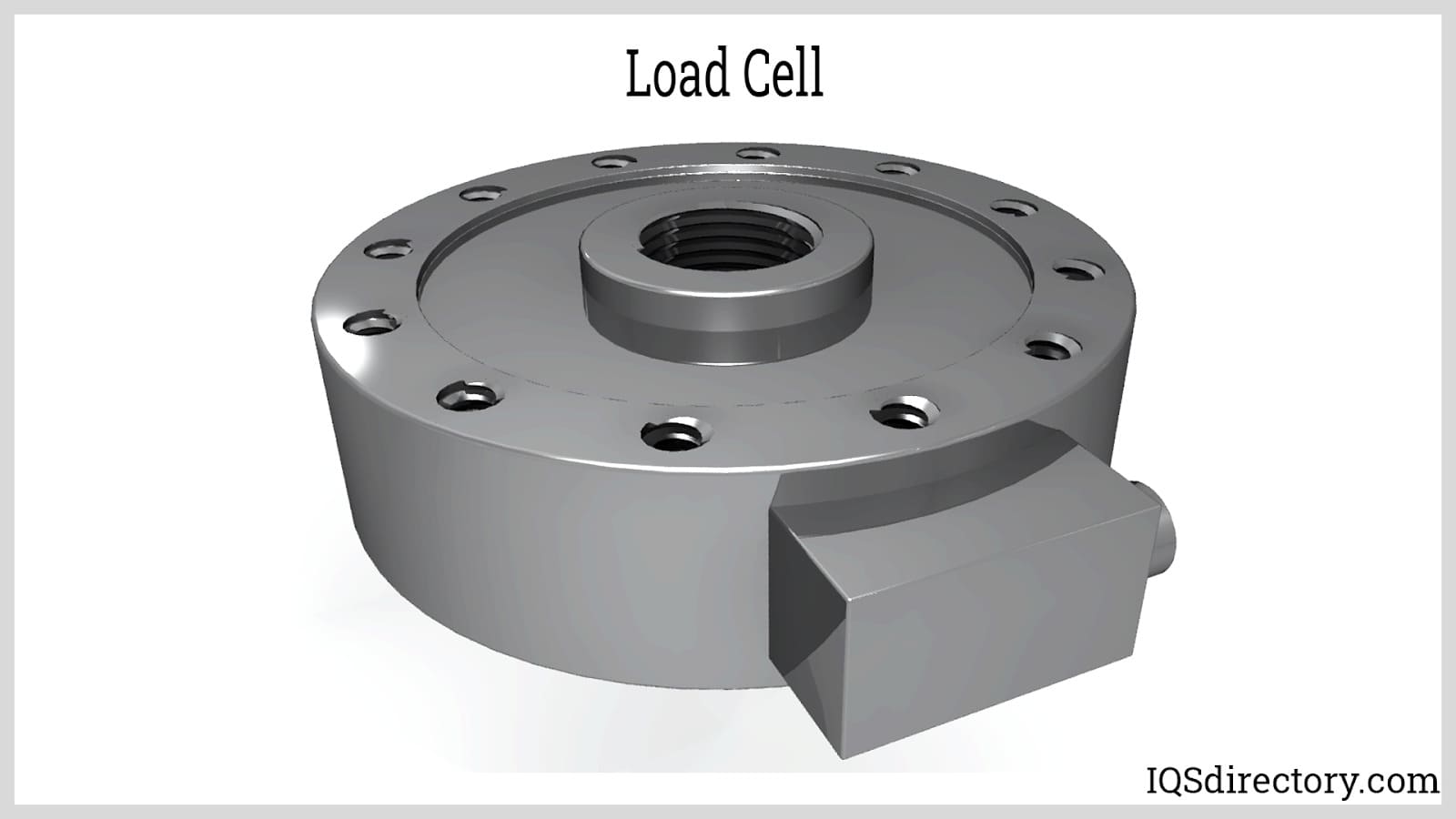
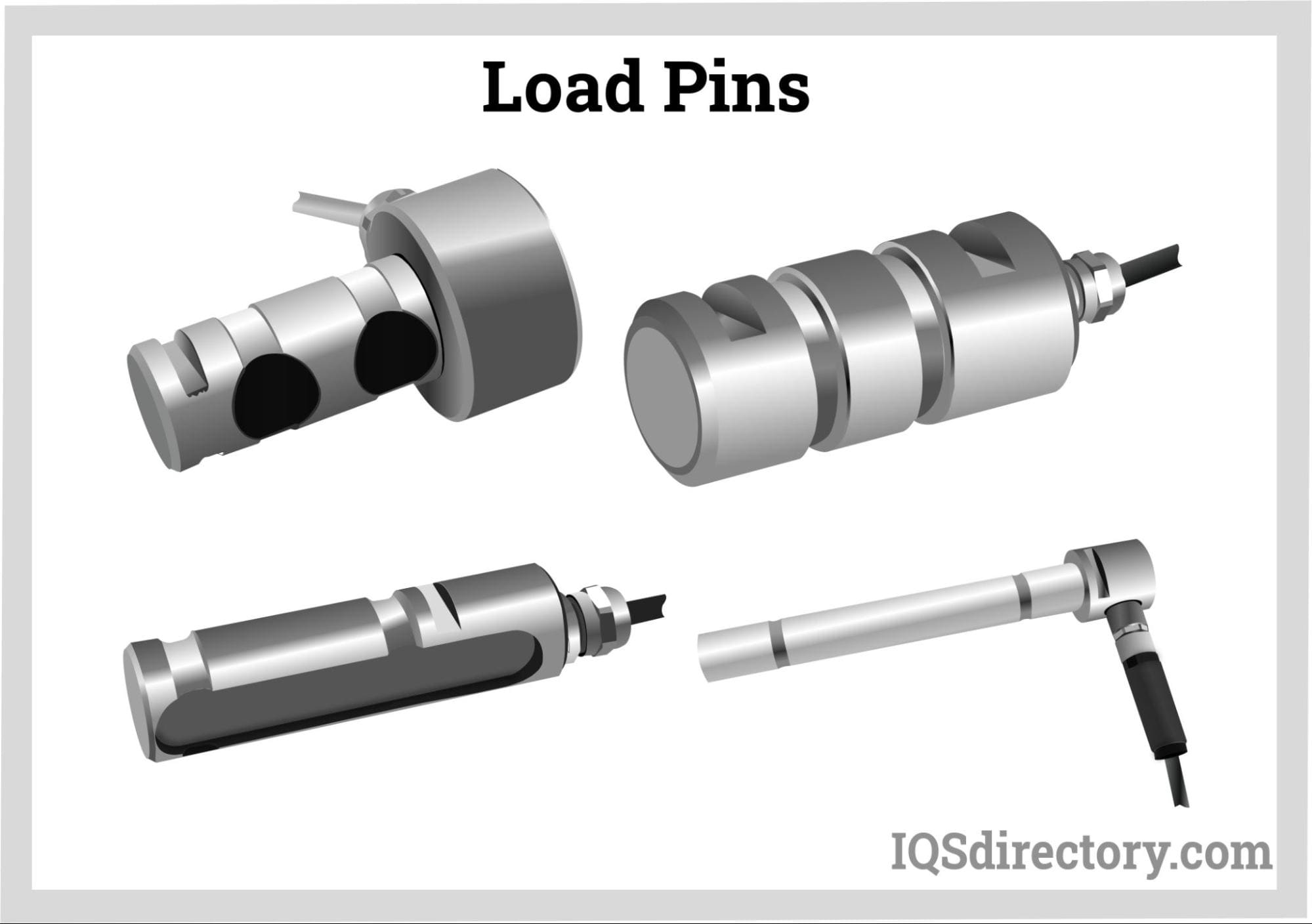
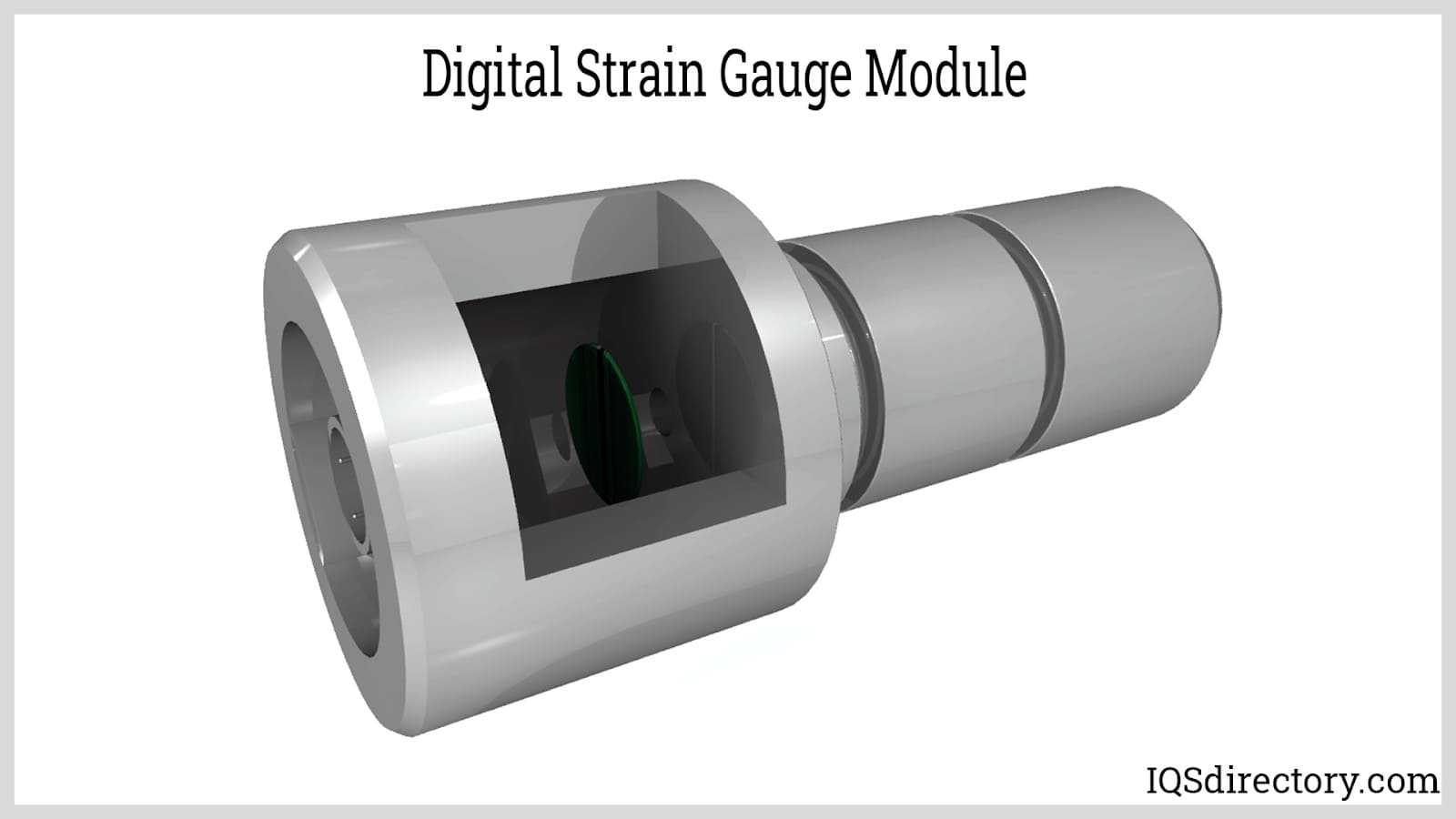
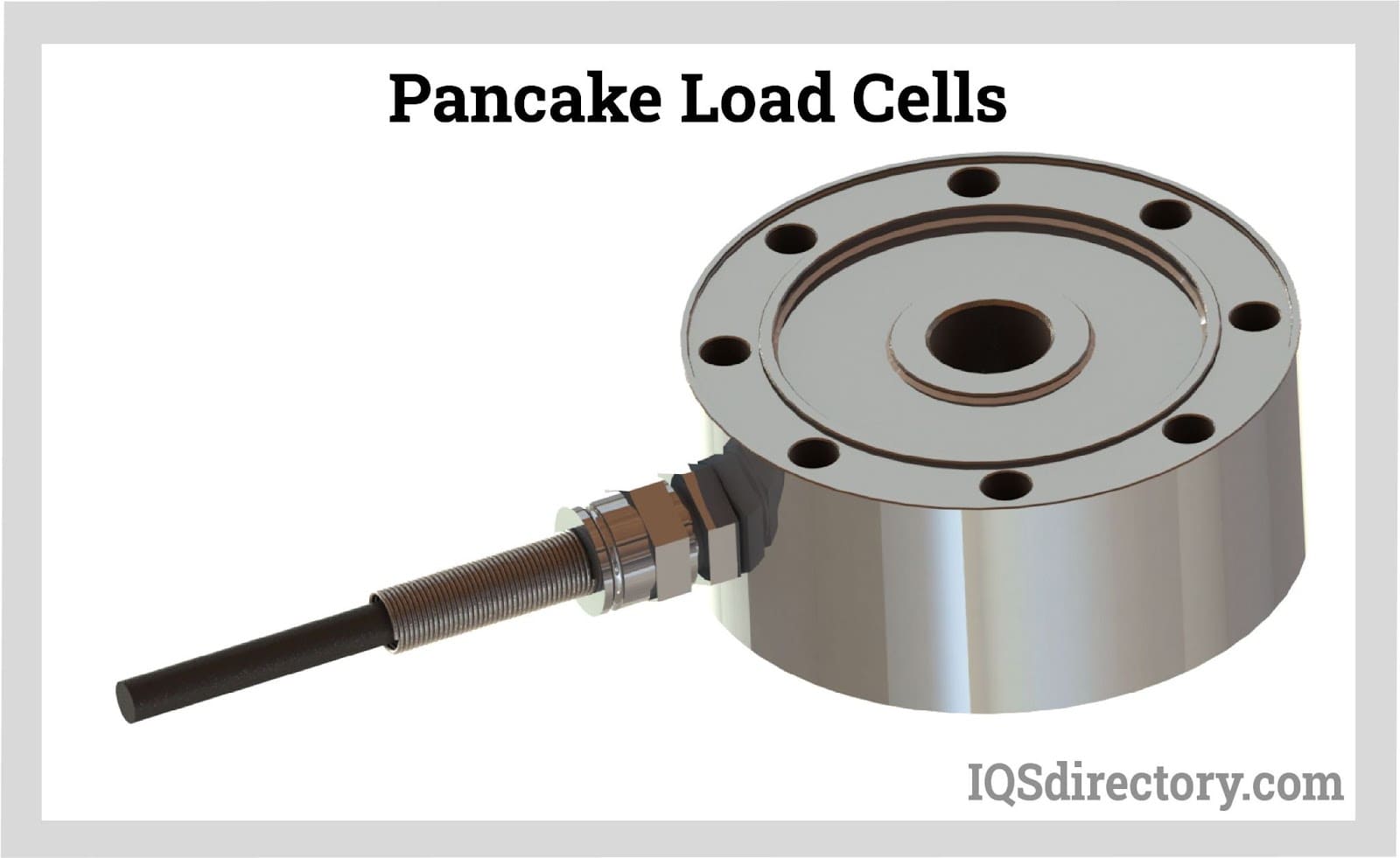
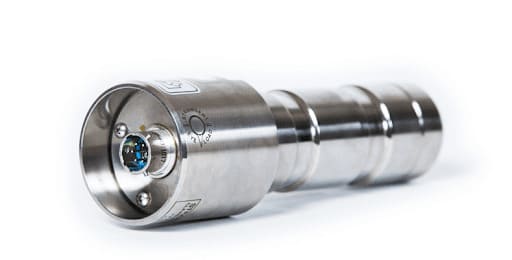
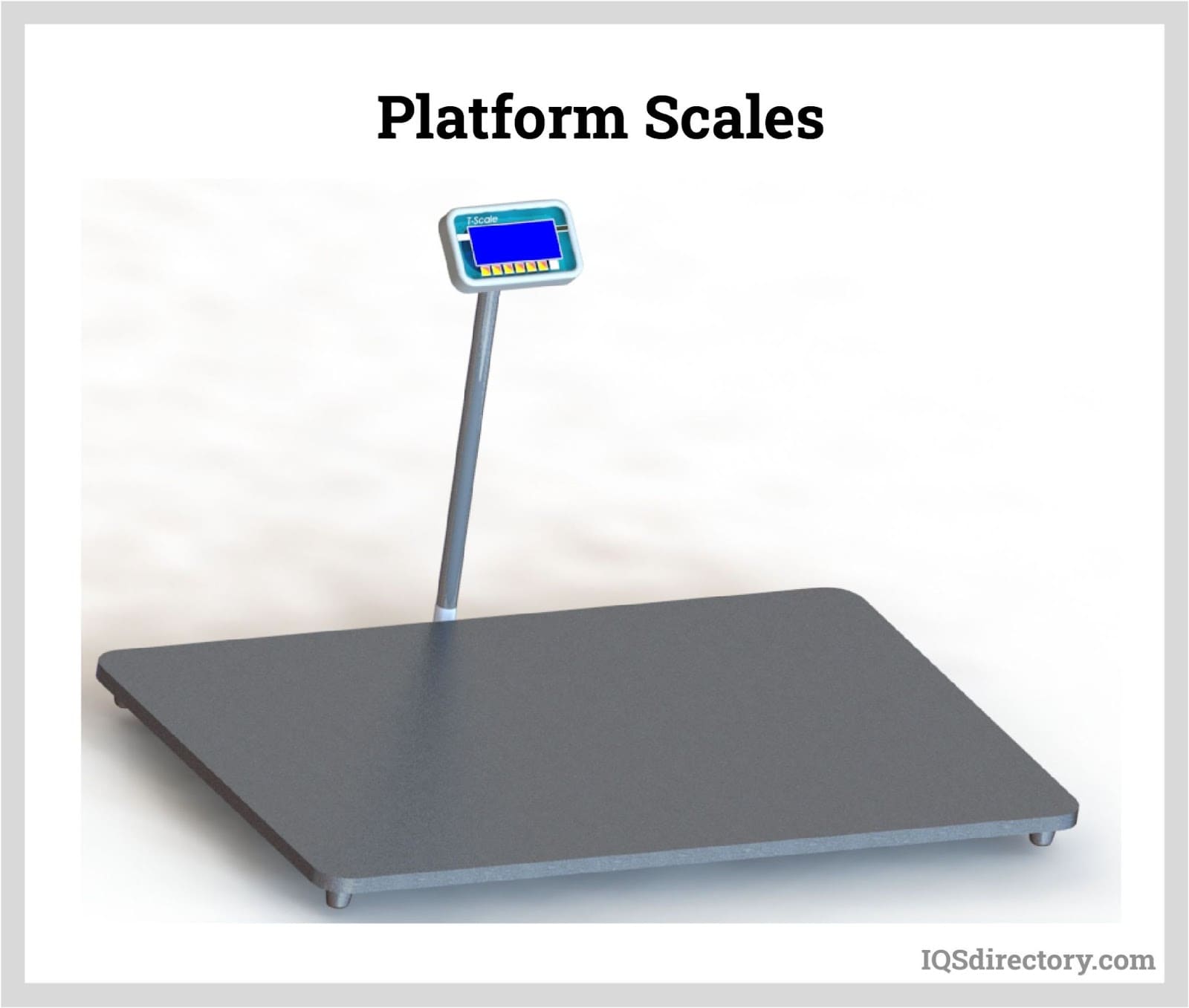
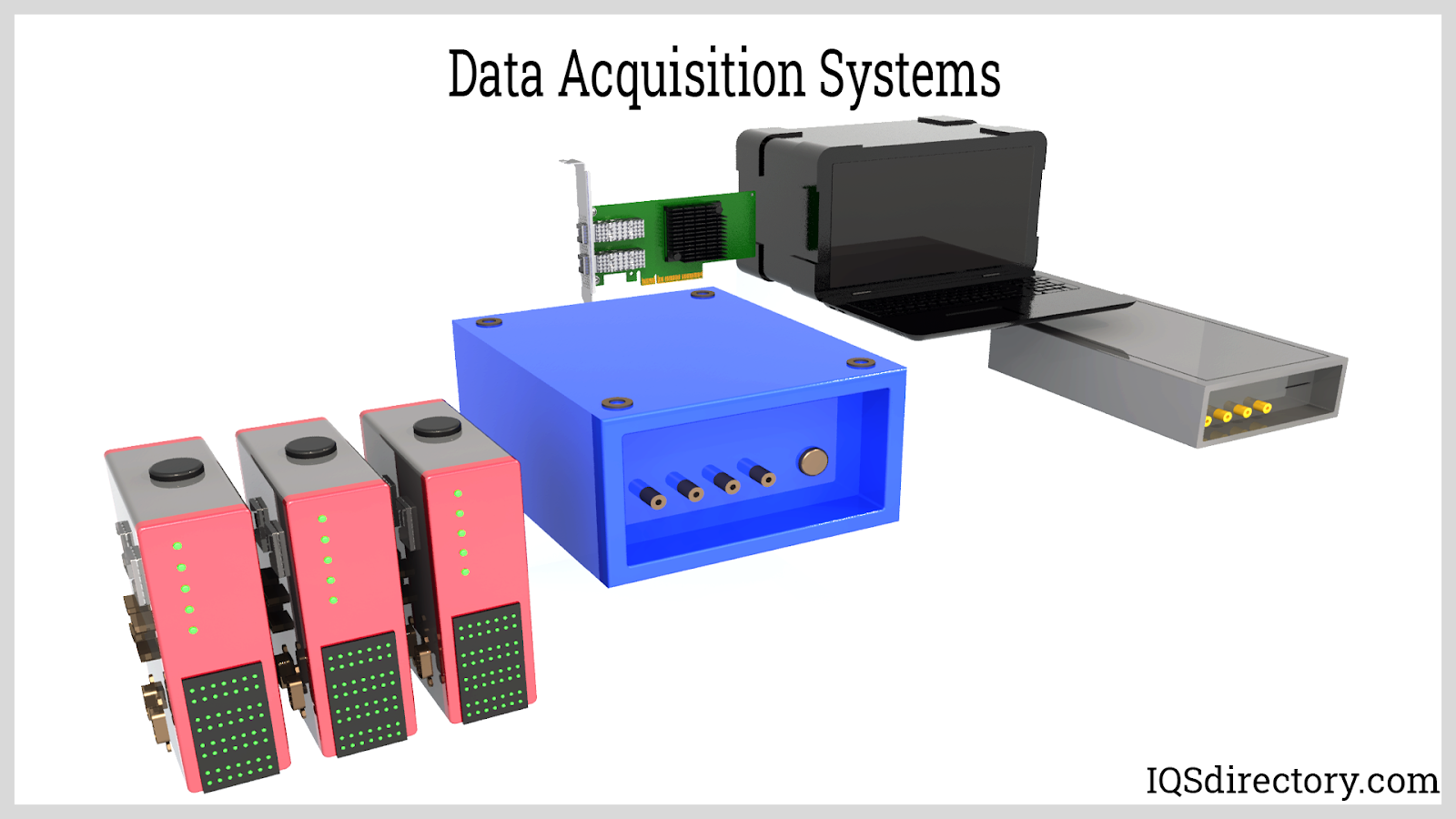
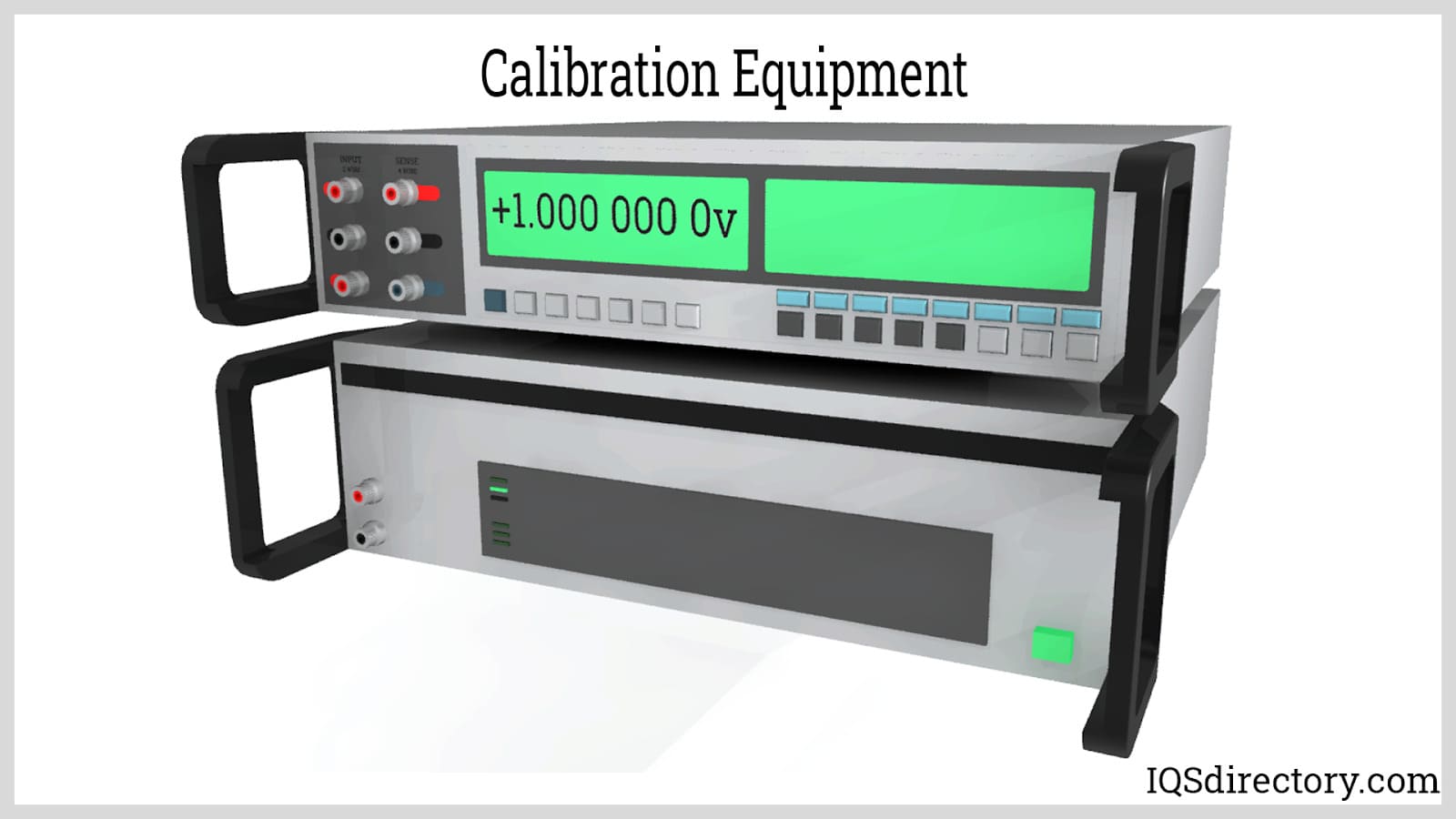
 Calibration Services
Calibration Services Clean Rooms
Clean Rooms Data Acquisition Systems
Data Acquisition Systems Dynamometers
Dynamometers Environmental Test Chamber
Environmental Test Chamber Leak Detectors
Leak Detectors Load Cells
Load Cells Machine Vision Systems
Machine Vision Systems Scales
Scales Thermocouples
Thermocouples Castings & Forgings
Castings & Forgings Bulk Material Handling
Bulk Material Handling Electrical & Electronic Components
Electrical & Electronic Components Flow Instrumentation
Flow Instrumentation Hardware
Hardware Material Handling Equipment
Material Handling Equipment Metal Cutting Services
Metal Cutting Services Metal Forming Services
Metal Forming Services Metal Suppliers
Metal Suppliers Motion Control Products
Motion Control Products Plant & Facility Equipment
Plant & Facility Equipment Plant & Facility Supplies
Plant & Facility Supplies Plastic Molding Processes
Plastic Molding Processes Pumps & Valves
Pumps & Valves Recycling Equipment
Recycling Equipment Rubber Products & Services
Rubber Products & Services